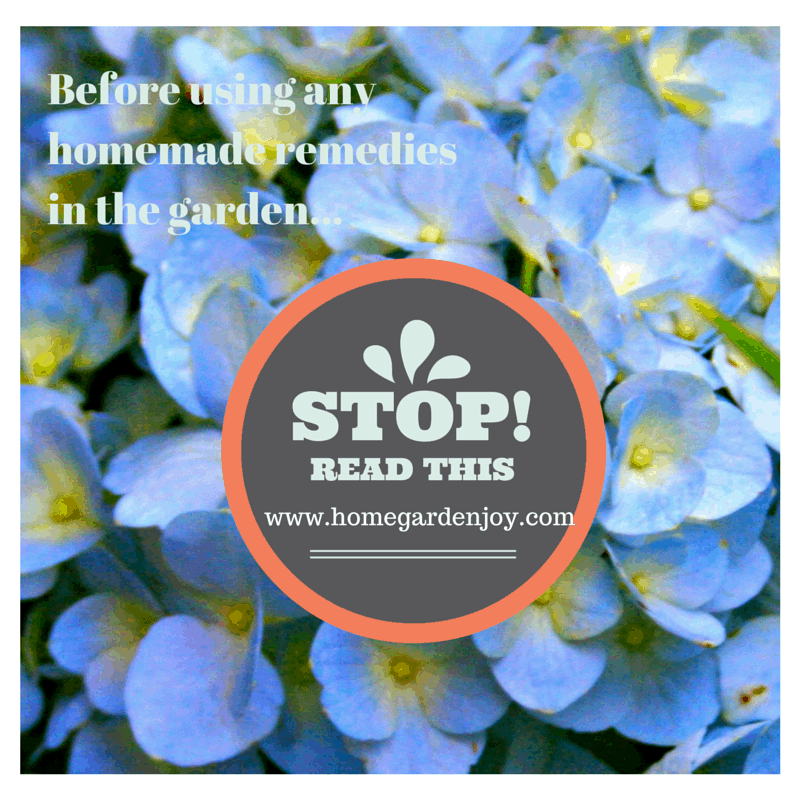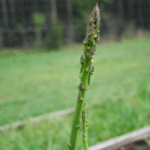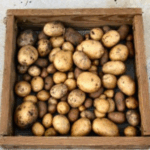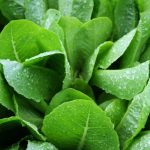Stop and think before using one of those homemade organic gardening recipes you see on Twitter, Pinterest or Facebook. If used incorrectly, it can do more harm than good! Organic gardening is more than using a homemade weed killer. It’s an entire gardening system. Doing your research before using untested advice can save you a lot of time and heartache!
Ye gods and little fishes…if I see one more “mix this up and KILL those weeds!” posts on Pinterest, I’m going to scream. Same goes for the foliar spray suggestions that are nothing more than dissolved Epsom salts and a big bag of nonsense. Ladies and gentlemen, there’s a really neat thing called science out there, and it has been used not just by the evil chemical industry but by the organic products industry as well. Before whipping up a batch of this or that, check it out. Your garden will thank you.
- Here’s the good news: most of these organic gardening recipes aren’t harmful.
- Now here’s the bad news: ANYTHING, even organic gardening products or homemade remedies, can be harmful if used improperly.
I love organic gardening as much as the next person. Yesterday, I wrote about my feelings towards organic gardening, and how I love the feeling that I am helping, rather than hurting, the environment in my garden. That said, before I take the advice of any of these quick pins or memes promoting some magical quick cure, I do my homework.
How to Analyze Organic Gardening Tips
Before making any of the recipes you see on Facebook, Twitter or Pinterest, do your homework.
- Search the “cure” online. Has anyone studied it? If so, what are the results?
- Search the Cooperative Extension research on the topic. The Cooperative Extension System is a network of land-grant universities that study many aspects of agriculture and other issues. Although many tend to think of them as proponents of conventional gardening practices, many have also conducted great organic gardening research. To pull up only Extension-based scientific research, type your search query into your favorite search engine and then type ” + ext ” after the query before clicking submit. This pulls up only Extension-based pages.
- Take a holistic approach to organic gardening. While it would be great to count on one spray to combat whitefly or squash beetles, if your garden is infested with a particular insect or disease, it’s probably not the only problem. Are you using organic gardening practices such as crop rotation, soil building, composting and good garden hygiene? Organic gardening is a holistic approach to gardening that’s more than just reaching for a kitchen remedy when faced with a problem. Learn more about organic gardening by reading books and blogs as well as attending lectures on the topic.
Before taking the advice of a complete stranger, shared in 140 characters or less or tacked onto a pretty “pin”, do your homework. Your garden will thank you for it.





